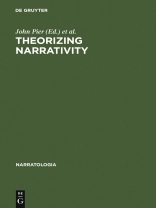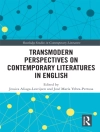Theorizing Narrativity is a collective work by an international array of leading specialists in narrative theory. It provides new perspectives on the nature of narrative, genre theory, narrative semiotics and communication theory. Most contributions center on the specificity of literary fiction, but each chapter investigates a different dimension of narrativity with many issues dealt with in innovative ways (including oral storytelling, the law, video games, causality, intertextuality and the theory of reading). There are chapters by Gerald Prince on narrativehood and narrativity, Meir Sternberg on the narrativity of the law-code, Werner Wolf on chance and Peter Hühn on eventfulness in fiction, Jukka Tyrkkö on kaleidoscope narratives, Marie-Laure Ryan on transfictionality and computer games, Ansgar Nünning and Roy Sommer as well as Monika Fludernik on the narrativity of drama, Beatriz Penas on (non)standard narrativities, David Rudrum on narrativity and performativity, Michael Toolan on textual guidance, John Pier on causality and retrospection, and José Ángel García Landa on retelling and represented narrations.
A propos de l’auteur
John Pier, University of Tours and Centre de recherches sur les arts et le langage CNRS, Paris, France; José Ángel García Landa, University of Zaragoza, Spain.












